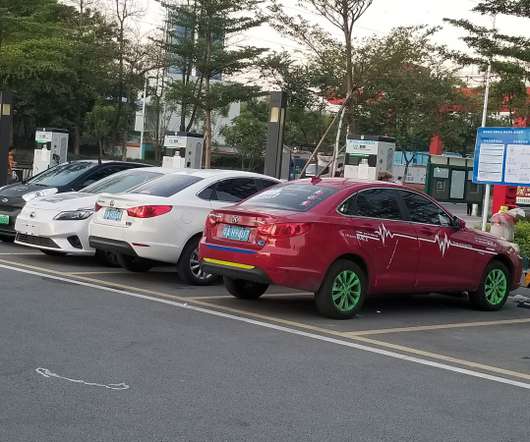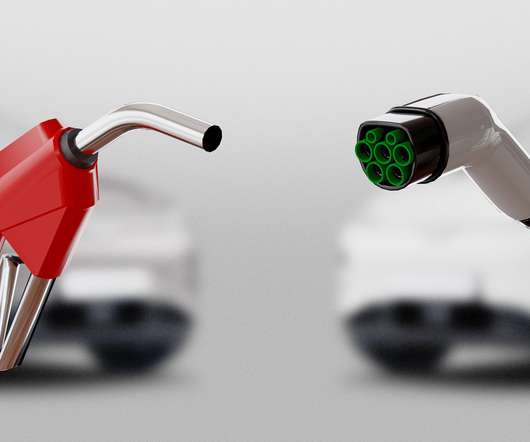UC Davis ITS study suggests hastening consumer adoption of plug-ins will require innovation on the sales side
Green Car Congress
OCTOBER 12, 2014
A study by researchers at the Institute of Transportation Studies, UC Davis finds that buyers of plug-in vehicles (PEVs) are substantially less satisfied with the dealer purchase experience than buyers of conventional vehicles—with the notable exception of Tesla buyers. Cahill, Eric, Jamie Davies-Shawhyde, Thomas S.



















Let's personalize your content